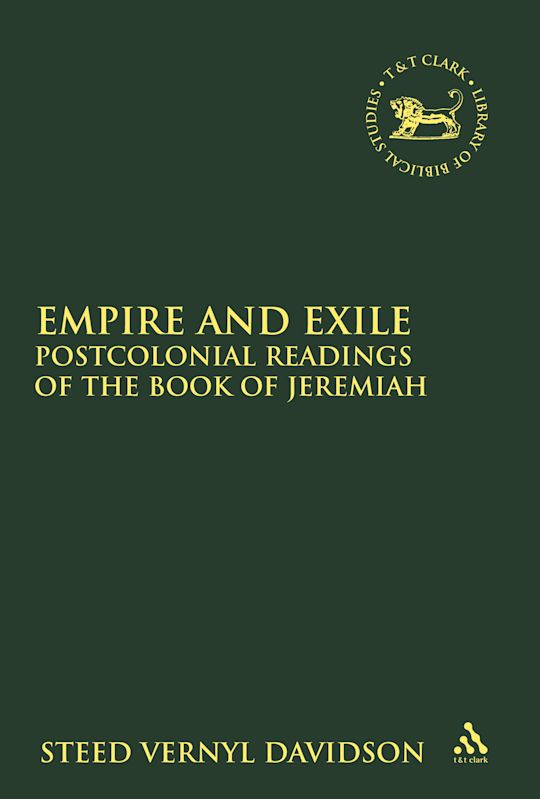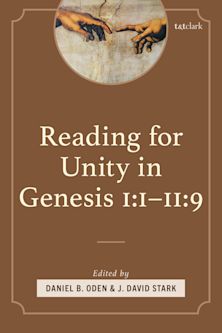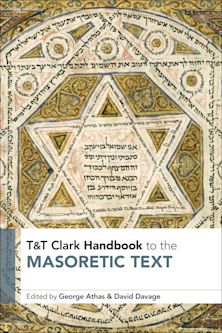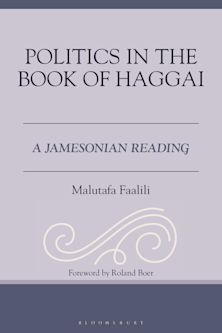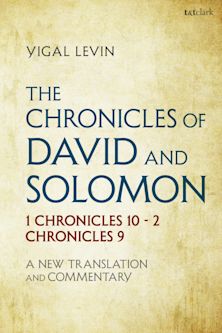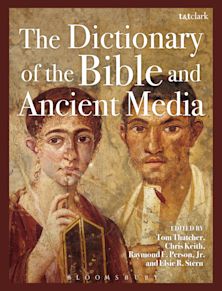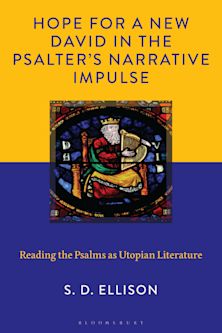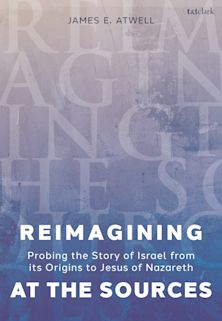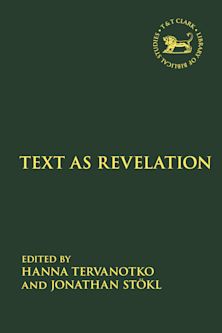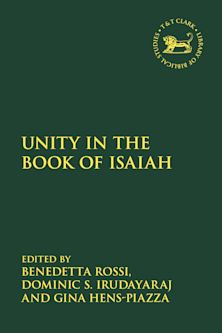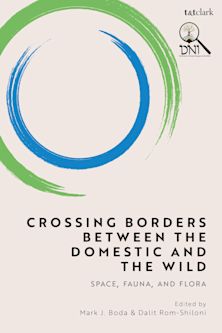- Home
- ACADEMIC
- Biblical Studies
- Old Testament / Hebrew Bible
- Empire and Exile
Empire and Exile
Postcolonial Readings of the Book of Jeremiah
Empire and Exile
Postcolonial Readings of the Book of Jeremiah
This product is usually dispatched within 10-14 days
- Delivery and returns info
-
Free UK delivery on orders £30 or over
You must sign in to add this item to your wishlist. Please sign in or create an account
Description
Empire and Exile explores the impact of Babylonian aggression upon the book of Jeremiah by calling attention to the presence of the empire and showing how the book of Jeremiah can be read as resistant responses to the inevitability of imperial power and the experience of exile. With the insight of postcolonial theory, resistance is framed in these readings as finding a place in the world even though not controlling territory and therefore surviving social death. It argues that even though exile is not prevented, exile is experienced in the constituting of a unique place in the world rather than in the assimilation of the nation.
The insights of postcolonial theory direct this reading of the book of Jeremiah from the perspective of the displaced. Theorists Homi Bhabha, Partha Chatterjee, Stuart Hall, and bell hooks provide lenses to read issues peculiar to groups affected by dominant powers such as empires. The use of these theories helps highlight issues such as marginality, hybridity, national identity as formative tools in resistance to empire and survival in exile.
Table of Contents
Chapter 2 - (Dis)locating Interpretations
Chapter 3 - The Book of Jeremiah in Postcolonial Perspective
Chapter 4 - Saving Home
Chapter 5 - The World in the Home
Chapter 6 - (A)way from Home
Chapter 7 - Conclusion - Reading Between Exodus and Exile
Abbreviations
Bibliography
Index
Product details
| Published | 27 Oct 2011 |
|---|---|
| Format | Hardback |
| Edition | 1st |
| Extent | 240 |
| ISBN | 9780567437044 |
| Imprint | T&T Clark |
| Dimensions | Not specified |
| Series | The Library of Hebrew Bible/Old Testament Studies |
| Publisher | Bloomsbury Publishing |
About the contributors
Reviews
-
Empire and Exile offers a lucid analysis of ways in which the book of Jeremiah reveals ancient Judean strategies for cultural survival during the period of Babylonian domination. Deftly deploying insights of Frantz Fanon, Homi Bhabha, Stuart Hall, and other postcolonial theorists, Davidson reads Jeremiah's sign acts, discourses, and biographical narratives as complex responses to the pressures of colonization and dislocation. Fresh and compelling, this work sheds new light on the ambivalences that attend the subaltern's struggle to reconfigure "home" in an imperial context. Empire and Exile is an indispensable resource for readers wishing to explore the intersections of postcolonial criticism and biblical studies.
Carolyn J. Sharp, Yale Divinity School, USA
-
Davidson has written a compelling work that manages to balance traditionalhistorical-critical approaches to Jeremiah with newer methodologies. In fact, he is able to demonstrate that newer reading strategies, such as postcolonial approaches, may help clarify traditionally difficult issues in Jeremiah studies.
Phillip Michael Sherman, Maryville College, Religious Studies Review

ONLINE RESOURCES
Bloomsbury Collections
This book is available on Bloomsbury Collections where your library has access.









